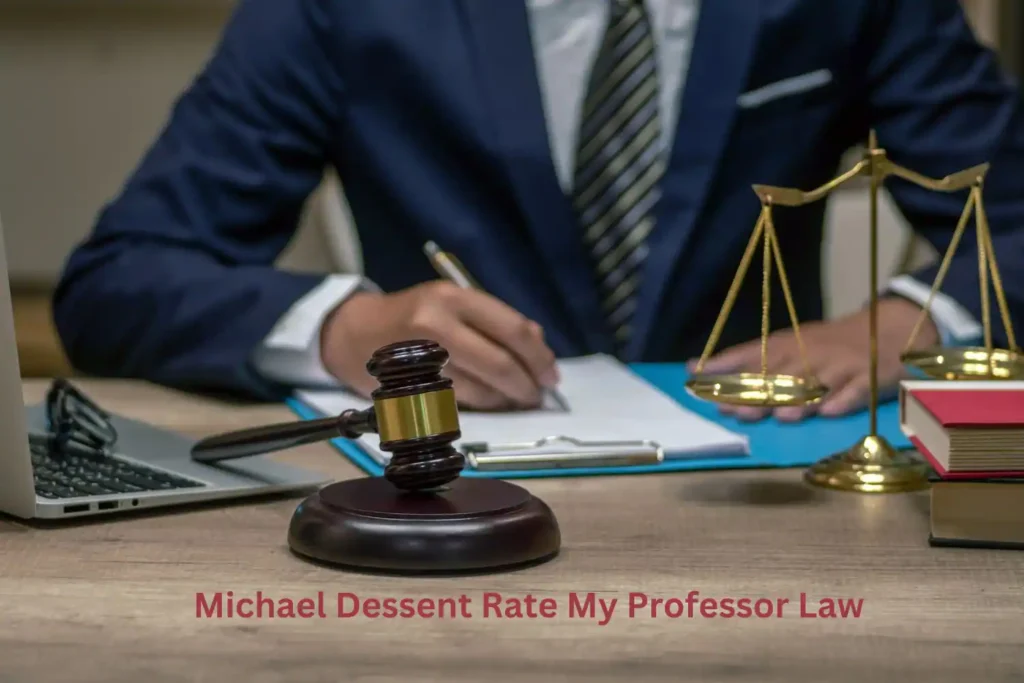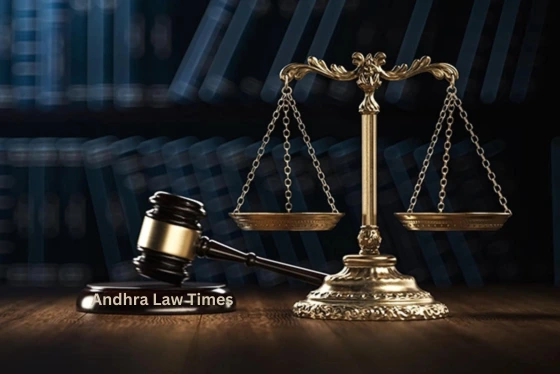
Introduction to Michael Dessent Rate My Professor Law
The world of higher education has seen a surge in online platforms enabling students to voice their opinions about professors. One such platform, Rate My Professor, has been both a helpful resource and a source of controversy. At the center of this storm is Michael Dessent, whose name has become synonymous with heated discussions surrounding academic reviews. As students flock to share their experiences, questions arise about fairness, accuracy, and the implications for educators’ reputations. What’s really going on with Michael Dessent Rate My Professor Law? Let’s dive into the complexities behind this intriguing narrative.
The controversial Website
The Michael Dessent Rate My Professor Law has stirred significant debate within academic circles. This legislation fundamentally changes how student reviews are handled in educational institutions.
Critics argue that the law undermines free speech by limiting students’ ability to express their experiences with professors. They believe honest feedback is crucial for accountability and improvement in teaching standards.
On the other hand, supporters claim it protects educators from targeted harassment and defamation. The fear is that negative reviews can have lasting effects on a professor’s career and reputation, regardless of their teaching abilities.
This polarizing issue raises questions about balancing transparency with fairness. As universities navigate this complex landscape, both students and faculty find themselves grappling with its implications on academic freedom and professional integrity.
Accusations against Michael Dessent reviews on Rate My Professor Law
Accusations against Michael Dessent regarding his reviews on Rate My Professor Law have stirred significant debate. Critics argue that some of the feedback left about him is exaggerated or even fabricated.
Many students feel that their experiences with Dessent do not align with the harsh criticisms posted online. This discrepancy raises questions about authenticity and bias in user-generated content.
Supporters of Dessent claim that the negative reviews could be a result of personal vendettas rather than genuine assessments. They suggest these reviews might reflect underlying issues unrelated to his teaching methods.
The issue highlights concerns over how anonymous platforms can influence reputations, often without accountability for those sharing opinions. As this controversy unfolds, it serves as a reminder of the complexities involved in evaluating educators through public forums like Rate My Professor Law.
The legal battle surrounding the website and Dessent role in it
The legal battle surrounding the Rate My Professor Law website has escalated into a notable case in academic circles. Michael Dessent finds himself at the center of this storm, raising questions about accountability and free speech.
As students increasingly rely on online reviews to choose their courses, concerns have emerged regarding the authenticity of these ratings. Critics argue that anonymous feedback can lead to baseless accusations against professors. This situation has prompted lawsuits aimed at ensuring more rigorous standards for such platforms.
Dessent’s role complicates matters further. As an advocate for transparency in education, he supports student voices but also faces backlash over certain negative reviews attributed to him or his influence. The intricate web of legalities continues to unfold, capturing attention from educators and administrators alike.
With each court session, new arguments emerge about balancing freedom of expression with responsible conduct online. This ongoing saga reflects deeper issues within higher education and digital platforms today.
Opinions from students, professors, and legal experts on the situation
Students express mixed feelings about the Michael Dessent Rate My Professor Law. Some appreciate having a platform to voice their experiences, while others worry that anonymity can lead to unfounded claims. The balance between free speech and potential harm is delicate.
Professors are also divided on the issue. Many feel that ratings may not accurately reflect their teaching abilities or dedication. They argue that students’ emotions can skew reviews, leading to unfair reputations.
Legal experts emphasize the complexities of online reviews. They point out that while platforms like Rate My Professor serve a purpose, they must navigate issues of defamation and privacy rights carefully.
The ongoing discourse highlights differing perspectives from all sides involved in this matter, emphasizing how critical it is for educational environments to foster constructive feedback without compromising integrity.
The importance of ethical conduct in online platforms like Rate My Professor Law
Ethical conduct is crucial in online platforms like Rate My Professor Law. When students share their experiences, the integrity of those reviews shapes academic reputations.
Without a commitment to honesty, misinformation can flourish. This not only misguides prospective students but also impacts educators’ careers unjustly.
Moreover, transparency is vital. Users deserve clarity on how ratings are compiled and shared. Ambiguity can lead to distrust among participants—students and professors alike.
It’s essential for these platforms to implement guidelines that ensure fair representation. Encouraging respectful discourse fosters a healthier academic community.
Ethical practices help maintain credibility in an environment where opinions carry significant weight. An accountable platform supports constructive feedback while discouraging harmful behavior within educational circles.
Conclusion
Michael Dessent Rate My Professor Law raises important questions about the intersection of freedom of speech, online reviews, and ethical conduct. As students navigate their academic journeys, platforms like Rate My Professor offer a space for sharing experiences. However, this also opens doors to potential misuse and misinformation.
The allegations against Dessent highlight a critical discussion about accountability in digital spaces. Many wonder where the line is drawn between honest critique and slanderous remarks. Legal experts emphasize that while student voices are vital, they must be balanced with responsibility.
As we look towards the future of online review platforms, it’s essential to foster an environment that encourages transparency without undermining individual reputations. The discourse around Michael Dessent serves as a reminder of the delicate balance that needs to be maintained within these digital forums.
As universities and students adapt to an evolving educational landscape shaped by technology and social media, finding solutions will be key in ensuring fair representation for both educators and learners alike.






